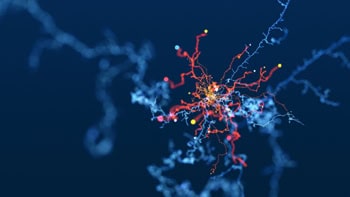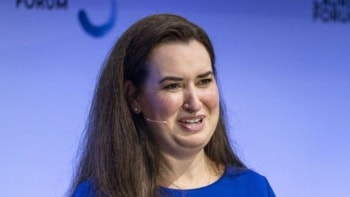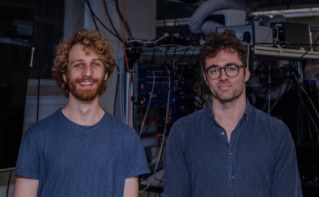
Games played under the laws of quantum mechanics dissipate less energy than their classical equivalents. This is the finding of researchers at Singapore’s Nanyang Technological University (NTU), who worked with colleagues in the UK, Austria and the US to apply the mathematics of game theory to quantum information. The researchers also found that for more complex game strategies, the quantum-classical energy difference can increase without bound, raising the possibility of a “quantum advantage” in energy dissipation.
Game theory is the field of mathematics that aims to formally understand the payoff or gains that a person or other entity (usually called an agent) will get from following a certain strategy. Concepts from game theory are often applied to studies of quantum information, especially when trying to understand whether agents who can use the laws of quantum physics can achieve a better payoff in the game.
In the latest work, which is published in Physical Review Letters, Jayne Thompson, Mile Gu and colleagues approached the problem from a different direction. Rather than focusing on differences in payoffs, they asked how much energy must be dissipated to achieve identical payoffs for games played under the laws of classical versus quantum physics. In doing so, they were guided by Landauer’s principle, an important concept in thermodynamics and information theory that states that there is a minimum energy cost to erasing a piece of information.
This Landauer minimum is known to hold for both classical and quantum systems. However, in practice systems will spend more than the minimum energy erasing memory to make space for new information, and this energy will be dissipated as heat. What the NTU team showed is that this extra heat dissipation can be reduced in the quantum system compared to the classical one.
Planning for future contingencies
To understand why, consider that when a classical agent creates a strategy, it must plan for all possible future contingencies. This means it stores possibilities that never occur, wasting resources. Thompson explains this with a simple analogy. Suppose you are packing to go on a day out. Because you are not sure what the weather is going to be, you must pack items to cover all possible weather outcomes. If it’s sunny, you’d like sunglasses. If it rains, you’ll need your umbrella. But if you only end up using one of these items, you’ll have wasted space in your bag.
“It turns out that the same principle applies to information,” explains Thompson. “Depending on future outcomes, some stored information may turn out to be unnecessary – yet an agent must still maintain it to stay ready for any contingency.”
For a classical system, this can be a very wasteful process. Quantum systems, however, can use superposition to store past information more efficiently. When systems in a quantum superposition are measured, they probabilistically reveal an outcome associated with only one of the states in the superposition. Hence, while superposition can be used to store both pasts, upon measurement all excess information is automatically erased “almost as if they had never stored this information at all,” Thompson explains.
The upshot is that because information erasure has close ties to energy dissipation, this gives quantum systems an energetic advantage. “This is a fantastic result focusing on the physical aspect that many other approaches neglect,” says Vlatko Vedral, a physicist at the University of Oxford, UK who was not involved in the research.
Implications of the research
Gu and Thompson say their result could have implications for the large language models (LLMs) behind popular AI tools such as ChatGPT, as it suggests there might be theoretical advantages, from an energy consumption point of view, in using quantum computers to run them.
Another, more foundational question they hope to understand regarding LLMs is the inherent asymmetry in their behaviour. “It is likely a lot more difficult for an LLM to write a book from back cover to front cover, as opposed to in the more conventional temporal order,” Thompson notes. When considered from an information-theoretic point of view, the two tasks are equivalent, making this asymmetry somewhat surprising.
Reversible computing could help solve AI’s looming energy crisis
In Thompson and Gu’s view, taking waste into consideration could shed light on this asymmetry. “It is likely we have to waste more information to go in one direction over the other,” Thompson says, “and we have some tools here which could be used to analyse this”.
For Vedral, the result also has philosophical implications. If quantum agents are more optimal, he says, it is “surely is telling us that the most coherent picture of the universe is the one where the agents are also quantum and not just the underlying processes that they observe”.
- This article was amended on 19 November 2025 to correct a reference to the minimum energy cost of erasing information. It is the Landauer minimum, not the Landau minimum.




